« “Callie and Zettel bring this stellar trilogy to
a satisfyingly sentimental conclusion.”
—Kirkus Reviews, Starred
“Zettel
brings the street life, locales, and culture of jazz-age Chicago into the
imagery of her fantasy, packing the story with incident, adventure, and even,
on the sidelines, information.” —The Horn
Book
|
BAD LUCK GIRL
The
American Fairy Trilogy
Book
Three
Historical
fiction fans will be drawn into the rich blend of historical fiction and
fantasy in Sarah Zettel’s BAD LUCK GIRL (Random House Books for
Young Readers / On sale May 27, 2014 / Ages 12 up). Fans of Libba Bray’s The Diviners
will love the blend of fantasy and twentieth-century history in the
exciting conclusion to the stylish American Fairy Trilogy.
After rescuing her parents from the Seelie king at Hearst Castle,
Callie is caught up in the war between the fairies of the Midnight Throne and
the Sunlit Kingdoms. By accident, she discovers that fairies aren’t the only
magical creatures in the world. There’s also Halfers, misfits that are half
fairy and half other—half paper, half steel girder, half electric spark. As the
war heats up, Callie’s world falls apart. And even though she’s the child of
prophecy, she doubts she can save the Halfers, her people, her family, and
Jack, let alone herself. Bad Luck Girl, they call Callie, and she’s starting to
believe them.
Extraordinarily detailed research about 1930s America and Chicago’s crime-ridden cityscape shines
through in BAD LUCK GIRL. Die-hard historical
fiction fans will be drawn into the fantasy realm, and fantasy readers will
find themselves caught up in the vivid history of this story.
SARAH ZETTEL is an award-winning science fiction and fantasy author. She has
written eighteen novels and multiple short stories over the past seventeen
years, in addition to practicing tai chi, learning to fiddle, marrying a rocket
scientist, and raising a rapidly growing son. The American Fairy Trilogy is her
first series for teens. You can visit her online at SarahZettel.com.
BAD LUCK GIRL by Sarah Zettel
Random House Books for Young Readers │ On sale May 27,
2014 │Ages 12 up
Hardcover: │ $17.99 US/$19.99 Can. │
368 pages │Ebook
978-0-375-98320-7 │ $10.99
US/$11.99 Can.
THE PERSISTENCE OF FAIRY TALES
First of all, thanks to
Book Girl Knitting for letting me stop by today.
When I started writing
Callie’s story, I knew I was going to be writing a fairy tale in the most
literal sense. It is a story with
fairies in it. Every culture in the
world has stories of magic, and magical creatures and the humans — heroes,
fools, and villains — who encounter them.
They may get derided. People say,
“oh, that’s just a fairy tale.” But the
stories themselves never quite go away. That’s
because the elements of the classic fairy tale never stop being important.
There’s a saying about
fairy tales I dearly love. This is a
paraphrase, but it’s the gist of it:
fairy tales do not teach children monsters exist. Children know monsters exist. They teach children monsters can be defeated.
And it’s not just for
children, and the monster is not the only central point of a fairy tale. In all fairy stories, there’s some sort of
bargain made. That bargain can be a quest
or task with the promise of reward (or simple survival) at the end. It can be a bet, or a granted wish that comes
with a price or a condition to be met.
All these bargains are made with some figure power, a king or a goddess,
an old woman in a hut or a small man who lives underneath a stone, it doesn’t
matter. Once the bargain is set, the
story is in motion. The power, the
magic, will see that the bargain is kept.
That’s when we’re really
off to the races. Because as soon as the
heroine or hero has made the bargain (or had it forced on them), then they get
to make the important choices. Will they
do right? That is, will they keep their
word, honor the bet, endure the hardship and respect the power? Or will they try to cheat? Will they ignore power and bargain and promise
and take what they were given without paying for it.
In fairy tales, this
second choice generally does not go well.
There’s a moment in BAD
LUCK GIRL when Callie, who has just begun learning how powerful she really is,
absolutely loses it. Anger completely
takes over and she lashes out with her power without thinking, and in that
moment, without caring. I wasn’t really
planning this moment when I started the story, but when it showed up, I knew it
was a necessary part of the story, because it was the moment that illustrated
almost more than any other in the book the importance of that choice. That what’s important in a fairy tale is not
just about the discovery of power but how is that power ultimately used.
I think this is the real
reason why fairy tales never go away.
Because they are about this central choice of doing right or doing
wrong. Of remaining courageous enough to
never forget you’re part of a larger, the human family, even when things are at
their most difficult for you. In fairy tales,
it is remembering to be your best at your worst, that wins the day, because
this is what brings the heroine or hero the help and advice she needs to defeat
the monster and keep the bargain.
Does it always work that
way in real life? Of course not. Fairy tales are not real life. They are reminders to ourselves of the
choices we face and of the fact that monsters are most surely defeated without
losing ourselves to what makes them monsters — anger, isolation, greed,
envy, power without control or consideration.
This fight is always at the heart of the fairy tale.
Even the ones where there aren’t
actual fairies.
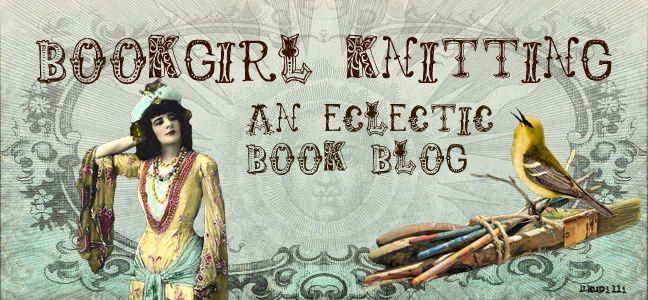



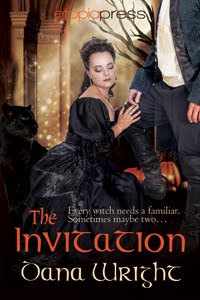







































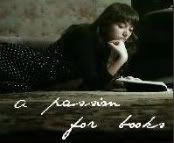

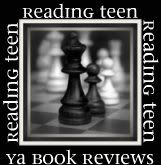






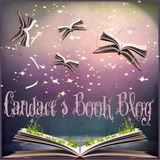




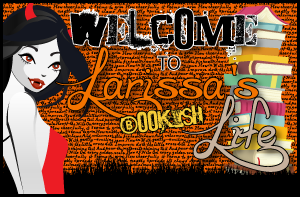

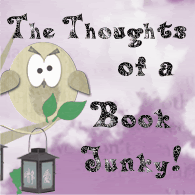



































No comments:
Post a Comment